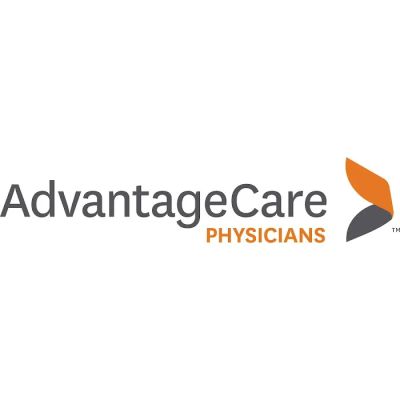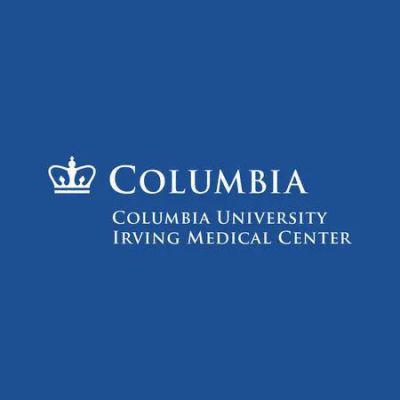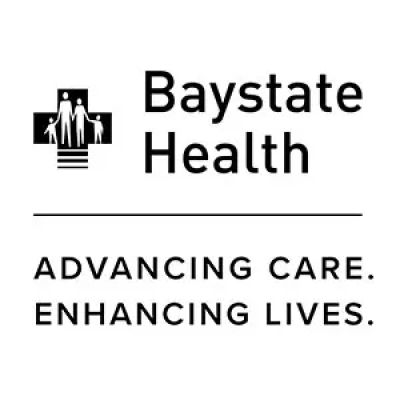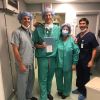- 1-Understanding-Heart-Disease-and-Its-Risk-Factors
- 2-Modifiable-Risk-Factors-for-Heart-Disease
- 3-Non-Modifiable-Risk-Factors-and-Genetics
- 4-Lifestyle-Changes-for-Preventing-Heart-Disease
- 5-Importance-of-Regular-Health-Screenings
- 6-Real-Life-Stories-Showing-Prevention-Success
- 7-Professional-Advice-and-Resources
1. Understanding Heart Disease and Its Risk Factors
Heart disease remains one of the leading causes of death worldwide, but many are unaware of the various risk factors that contribute to its development. Heart disease encompasses a range of conditions affecting the heart and blood vessels, including coronary artery disease, arrhythmias, and heart failure. Knowing the risk factors is the first step in prevention.
Risk factors for heart disease can be broadly classified into modifiable and non-modifiable categories. Modifiable risks are those we can change through lifestyle choices and medical interventions, while non-modifiable risks, such as age and genetics, are beyond our control. Understanding these distinctions empowers individuals to take proactive measures where possible to protect their heart health.

2. Modifiable Risk Factors for Heart Disease
Several key modifiable risk factors significantly impact heart health. These include high blood pressure, high cholesterol levels, smoking, obesity, physical inactivity, poor diet, and uncontrolled diabetes. Each of these factors contributes to the buildup of arterial plaque, inflammation, and overall strain on the cardiovascular system.
For example, smoking damages blood vessels and lowers oxygen in the blood, dramatically increasing the risk of heart attacks and strokes. Likewise, diets high in saturated fats and processed sugars can raise cholesterol and blood pressure, compounding heart disease risk. The good news is that addressing these factors through targeted lifestyle changes can reduce your risk substantially.
Atlanta Heart Specialists
atlanta heart specialists
4375 Johns Creek Pkwy #350, Suwanee, GA 30024, USA

3. Non-Modifiable Risk Factors and Genetics
Age, gender, and family history are non-modifiable risk factors that also play a crucial role in heart disease risk. Men typically face a higher risk earlier in life, although women's risk rises significantly after menopause. A family history of heart disease may indicate a genetic predisposition to conditions like high cholesterol or hypertension.
While these factors cannot be altered, awareness allows for closer monitoring and earlier intervention. For instance, individuals with a strong family history may benefit from more frequent health screenings or preventive medications under a doctor’s guidance.
4. Lifestyle Changes for Preventing Heart Disease
Prevention is achievable by adopting heart-healthy lifestyle habits. Regular physical activity, such as walking, swimming, or cycling, strengthens the heart muscle and improves circulation. A diet rich in fruits, vegetables, whole grains, lean proteins, and healthy fats supports vascular health and reduces inflammation.
Stress management, adequate sleep, and avoiding tobacco use also play vital roles. Small daily changes, like replacing processed snacks with nuts or taking the stairs instead of the elevator, can cumulatively make a powerful difference. Consistency and commitment to these changes often lead to sustained heart health benefits.
5. Importance of Regular Health Screenings
Routine health check-ups help detect early signs of heart disease risk factors such as hypertension or high cholesterol. Blood pressure measurements, lipid profiles, and glucose tests are critical diagnostics that inform personalized prevention plans.
Timely detection allows healthcare providers to recommend lifestyle modifications or prescribe medications to mitigate risks. For example, managing blood pressure with medication and diet can prevent complications like heart attacks or strokes. Regular screenings empower patients with knowledge and options to safeguard their health.
6. Real-Life Stories Showing Prevention Success
Consider John, a 55-year-old who struggled with high cholesterol and a sedentary lifestyle. After learning about heart disease risk factors and prevention strategies, he committed to daily exercise and a Mediterranean-style diet. Over a year, his cholesterol levels dropped significantly, and his doctor noted improved heart function. John’s story exemplifies how informed lifestyle changes can reverse risk and improve quality of life.
Another inspiring story comes from Maria, who lost a family member to heart disease. Motivated to prevent a similar fate, she adopted stress-reduction techniques, quit smoking, and maintained regular medical checkups. Her proactive approach highlights the power of education and determination in heart disease prevention.
7. Professional Advice and Resources
Managing heart disease risk factors and prevention requires guidance from qualified healthcare professionals. Cardiologists, dietitians, and fitness experts offer tailored plans that address individual needs and conditions. Combining medical advice with personal motivation yields the best outcomes.
For those seeking trusted information and products related to heart health, HeartCare Hub offers expert recommendations, support services, and wellness resources. Accessing reliable tools and professional care through HeartCare Hub can enhance your journey toward a healthier heart.
Taking control of your heart health today can transform your tomorrow. Begin by understanding your risks, making conscious lifestyle choices, and utilizing expert support. Your heart deserves it.





















Deborah Heart and Lung Center
deborah heart and lung center
200 Trenton Rd, Browns Mills, NJ 08015, USA